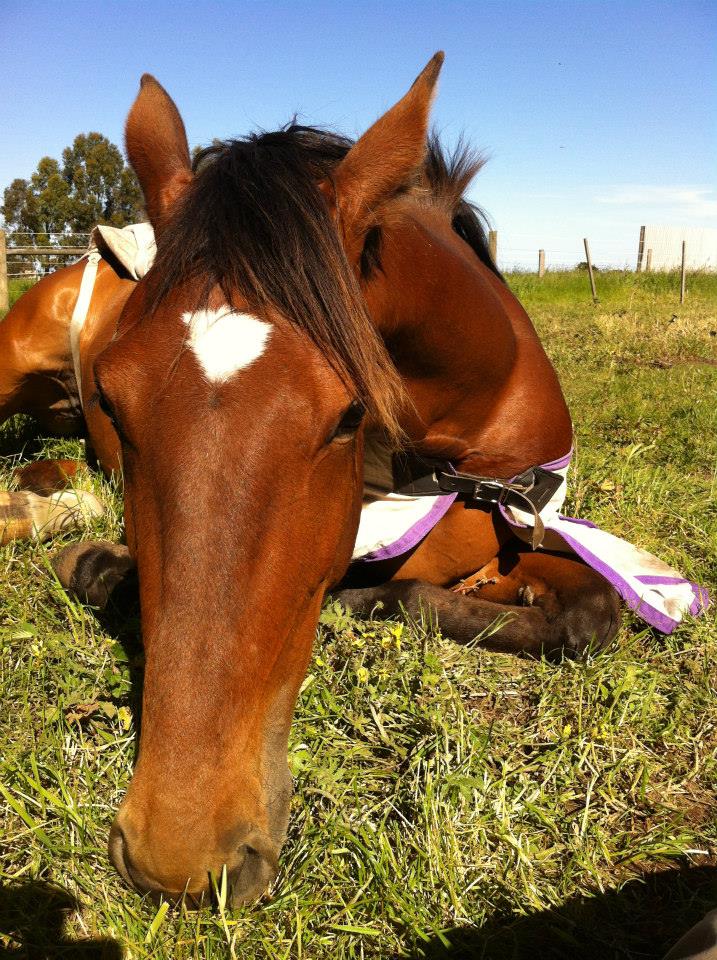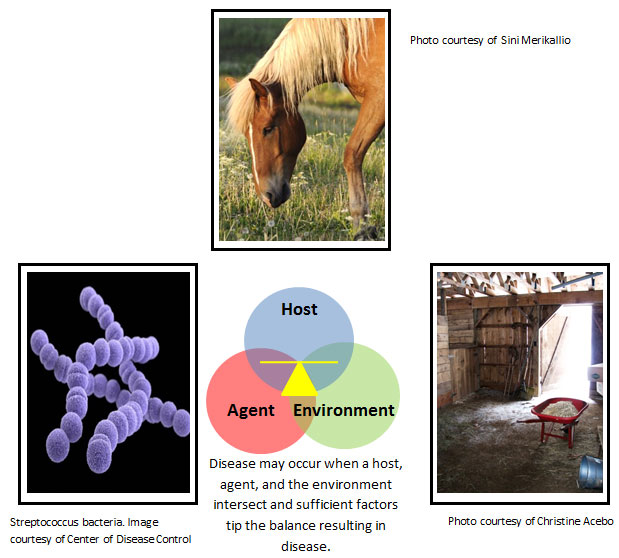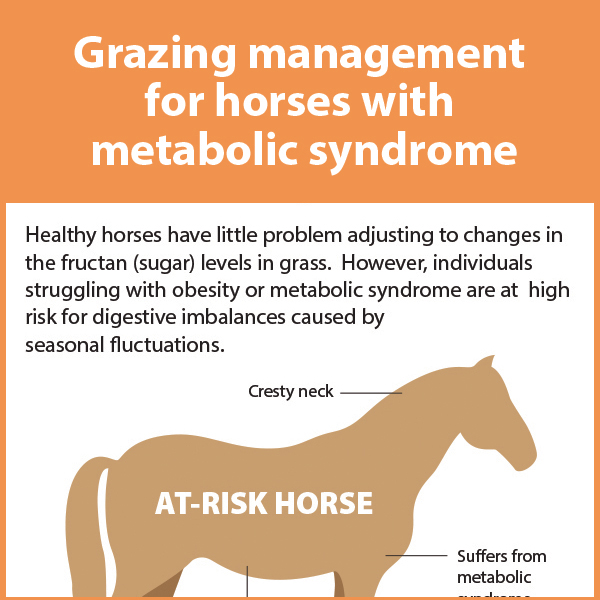Managing Multiple Horses During Illness Outbreaks

Managing the health of multiple horses during illness outbreaks requires careful planning, vigilance, and effective strategies to minimize the spread of disease and ensure the well-being of all animals involved. This article provides a detailed guide on how to handle such situations efficiently.
Understanding Illness Outbreaks in Horses

Illness outbreaks among horses can be caused by various infectious agents such as viruses, bacteria, or parasites. Common equine diseases include equine influenza, strangles, and equine herpesvirus. Recognizing symptoms early and understanding transmission methods are crucial for controlling outbreaks.
Key Strategies for Managing Multiple Horses

| Strategy | Description |
|---|---|
| Isolation and Quarantine | Separate sick horses from healthy ones to prevent disease spread. Use designated isolation areas. |
| Hygiene Practices | Regularly disinfect equipment, stalls, and hands. Use gloves and protective clothing when handling sick horses. |
| Monitoring and Record-Keeping | Keep detailed health records and monitor horses daily for signs of illness. |
| Vaccination and Biosecurity | Ensure all horses are up-to-date on vaccinations and implement strict biosecurity measures. |
Practical Tips for Horse Owners and Caretakers
- Create a Contingency Plan: Have a clear plan outlining steps to take when an outbreak occurs.
- Limit Movement: Restrict horse movement on and off the premises to reduce exposure.
- Educate Staff: Train all personnel on recognizing symptoms and proper handling techniques.
- Provide Supportive Care: Ensure sick horses receive appropriate veterinary care, nutrition, and hydration.
Frequently Asked Questions (FAQ)
How can I tell if my horse is sick?
Look for signs such as fever, nasal discharge, coughing, lethargy, loss of appetite, and swollen lymph nodes.
What should I do if one horse gets sick?
Immediately isolate the sick horse, notify your veterinarian, and increase biosecurity measures to protect other horses.
Can vaccinations prevent outbreaks?
Vaccinations significantly reduce the risk and severity of many equine diseases but should be part of a broader health management plan.
How long should a horse be quarantined?
Typically, quarantine lasts for at least 14 days or until a veterinarian confirms the horse is no longer contagious.
Conclusion
Effective management of multiple horses during illness outbreaks hinges on early detection, strict biosecurity, and coordinated care. By implementing these strategies, horse owners can protect their animals and minimize the impact of infectious diseases.
This article is designed to be SEO-friendly by incorporating relevant keywords, structured headings, and useful content that addresses common concerns of horse owners during illness outbreaks.
